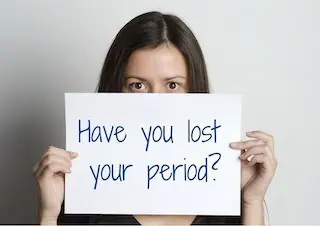 Coming off birth control doesn’t have to be a nightmare for skin. Your skin might have been bad the last time you tried to stop the pill but this time will be different. This time, you’ll know about post-pill acne and how to treat it.
Coming off birth control doesn’t have to be a nightmare for skin. Your skin might have been bad the last time you tried to stop the pill but this time will be different. This time, you’ll know about post-pill acne and how to treat it.
insulin resistance
Insulin resistance is the condition of having chronically elevated insulin and plays a role in women’s health conditions including PCOS, acne, fibroids, and heavy periods.
Have You Lost Your Period to a Low-Carb or Keto Diet?

Every time I tweet my concern about women losing their periods to a low-carb or keto diet, I get a lot of angry responses.
“It’s purely anecdotal,” men explain to me. “There’s no known mechanism, so it can’t be happening.”
Except it is happening. Ask anyone who works with young menstruating women. Or not menstruating, as the case may be.
🟠
Your Hormones Need Dinner

Sometimes a patient tells me she had only a salad for dinner. Or, even more puzzling: A green smoothie.
I could never do that. I’m tired at the end of the day. I’m hungry. I need a substantial dinner such as roast chicken with potatoes, vegetables, and butter. I honestly cannot imagine sitting down with just a cold green salad.
I don’t think I’m different from other women. Women get hungry. Women need food.
Irregular Periods? It Could Be Your Thyroid
 If you came to me for help with irregular periods, I would think very carefully about your thyroid.
If you came to me for help with irregular periods, I would think very carefully about your thyroid.
It wouldn’t matter if you already had another diagnosis such as PCOS or hypothalamic amenorrhea. It wouldn’t matter if your doctor had vaguely said at some point that your blood test was normal. I would still think about thyroid. Why? Because underactive thyroid (hypothyroidism) is a common reason for irregular periods.